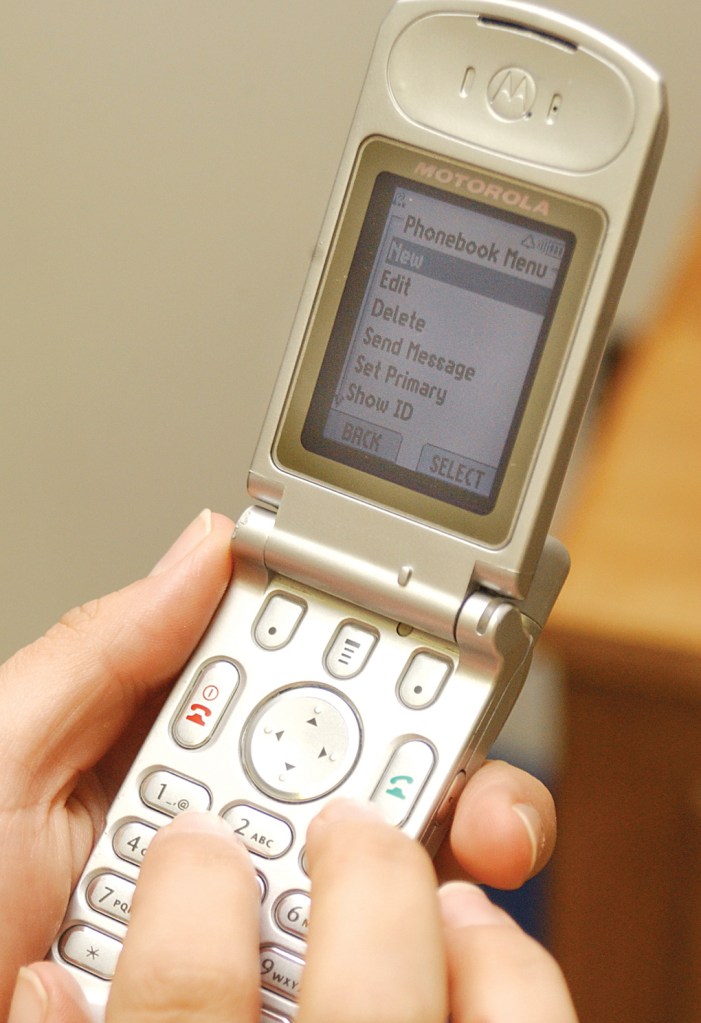Beware of data slips when selling, donating used cellular phones
Published 8:42 pm Thursday, August 31, 2006

- Selling privacy?
Cell phone users looking to sell old phones or pass them on to friends or relatives should be aware that they might be revealing their deepest secrets.
Athens resident Kim Rynders said she and several relatives had a disturbing experience late one night when they received calls from a man identifying himself as a military policeman, who told them he was with a female relative of theirs at a Huntsville club and she was “drunk out of her mind.”
“He said the cops are on the way and he was trying to keep the girl from winding up in jail,” said Rynders, who is photographer for The News Courier. “I told him we didn’t have a relative by that name. He didn’t believe me. He said I was in her cell phone book, my name and number. Then I hung up on him.”
Early the next day Rynders said her aunt and some cousins also reported getting a call from the man, whom they said seemed sincere.
“My cousin talked to him a lot longer, and we do have a cousin whose name sounds sort of like the name he used. She told him she would have to check on the cousin. Before she found that our cousin was at home, she was actually considering driving to Huntsville.”
Rynders said the family members were finally able to ascertain that another relative had given away or sold a cellular phone without deleting the phone book entries. Some time later, Rynders’ phone was broken and the company loaned her a phone. She began receiving calls from people she didn’t know. Also, she discovered intimate text messages stored in the phone.
But even deleting personal information from cell phones might not be enough to protect your data.
According to an Associated Press story, a company, Trust Digital of McLean, Va., bought 10 different phones on eBay this summer to test phone-security tools it sells for businesses. The phones all were fairly sophisticated models capable of working with corporate e-mail systems.
Software experts at Trust Digital were able to resurrect information on nearly all the used phones, including intimate messaging between lovers. Second-hand phones purchased over the Internet gave up credit card numbers, banking passwords, business secrets and other personal data.
It seems erasing—or resetting—phone book entries, text messages, e-mails or any other stored data per phone manual directions is no protection if the phone’s new owner chooses to resurrect it using specialized yet inexpensive software found on the Internet.
Selling a used phone — which sometimes can fetch hundreds of dollars — is increasingly popular as is donating used phones to charity.
The 10 phones Trust Digital studied represented popular models from leading manufacturers. All the phones stored information on “flash” memory chips, the same technology found in digital cameras and some music players.
Phone manufacturers usually provide instructions for safely deleting a customer’s information, but it’s not always convenient or easy to find.
The Associated Press quoted Trust Digital’s chief technology officer, Norm Laudermilch, as saying, “The tools are out there” for hackers and thieves to rummage through deleted data on used phones. “It definitely does not take a Ph.D,” he said.
Kimberly Faulkner in the Verizon Wireless fraud department advised phone owners to manually delete information as per manual directions, but she said she is unaware of software available for retrieving deleted data. “I’m not aware of anything to clean the flash card,” said Faulkner. She advised that cell phone owners never store sensitive financial information on phones.
Phone owners might also consider having the flash card removed before passing on a phone.





